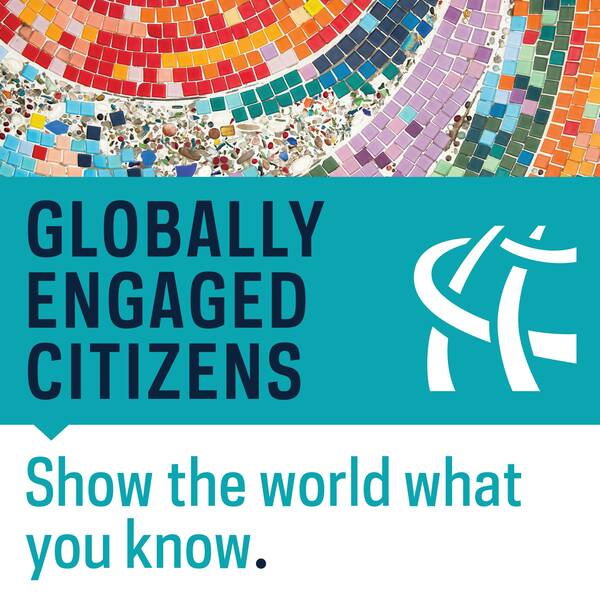
The Center for the Study of Languages and Cultures at Notre Dame has launched the Globally Engaged Citizens program, designed to reward students for their engagement with language and culture studies and encourage participation by students who are not required to take language classes.
Through a combination of coursework and cultural experiences, the GEC program offers Notre Dame students from all colleges and schools the opportunity to demonstrate that they have spent time during their college experience preparing to be a global citizen.
“Students come to Notre Dame eager to engage with the world — to broaden their perspective and learn about lives elsewhere,” said Eva Hoeckner, the CSLC’s program manager for language initiatives and a Department of German and Russian Languages and Literatures faculty member. “This new program offers them the opportunity to enrich their time at Notre Dame — and future careers — by engaging with global languages and cultures.”
To complete the GEC program, students must first complete a minimum of two courses — one in a foreign language and one in any discipline with an intercultural, international, or global context. Then, students earn points for a variety of on- and off-campus experiences such as studying abroad, attending lectures or language club meetings, doing research in another language, engaging in community-based service using another language, and more.
Students demonstrate what they have learned in an easy-to-make ePortfolio, then reflect on the insights they have gained about other cultures in an essay or video. Those who complete the GEC will have an achievement that stands out on a resume or LinkedIn profile, and will also receive a special cord to wear at Commencement.
Language classes that qualify for the GEC requirements include Arabic; Chinese; French; German; Irish; Italian; Japanese; Korean; Portuguese; Russian; Spanish; Latin; Greek; Hebrew; Hindi; Quechua; Swahili; and Teaching English to Speakers of Other Languages.
“Students come to Notre Dame eager to engage with the world — to broaden their perspective and learn about lives elsewhere. This new program offers them the opportunity to enrich their time at Notre Dame — and future careers — by engaging with global languages and cultures.”
Students in the College of Arts & Letters automatically fulfill the academic components of the GEC program through their College requirements, and students going beyond required language courses are well on their way to completing the GEC program.
A student majoring in a foreign language, for example, completes the GEC simply through their coursework and attending two campus events related to intercultural topics. A student minoring in any foreign language, TESOL, or linguistics can become a GEC through their coursework, studying abroad for a semester, and regularly participating in language club meetings or peer tutoring at the CSLC.
Students not housed in the College of Arts & Letters could become a GEC after, for example, completing their two required courses, participating in an intensive summer abroad, attending on-campus presentations on intercultural topics, performing research in an international lab, and completing community-based service in a different culture or language, and participating in a language club.
“Regardless of major, there is room in any Notre Dame student's schedule to become a Globally Engaged Citizen,” said Alessia Blad-Miller, director of the CSLC and a teaching professor of Italian in the Department of Romance Languages and Literatures. “The GEC aligns with the goal of Notre Dame's language departments to integrate real-world applications of languages across the curricula while giving the students agency in their learning.”
To learn more, visit cslc.nd.edu/GEC.


